Are Hong Kong’s leadership elections democratic?
Unlike democratic elections in many other countries, Hong Kong’s chief executive elections involve a very small circle of people.
Only some of the 240,000 people from selected sectors had votes in December last year to choose a 1,200-member election committee. The contenders for the top job must then gain at least 150 nominations from the election committee between February 14 and March 1 – the day nominations will be made public. Finally, on March 26, a candidate will be elected if he or she receives more than 601 votes in a secret ballot.
If no one reaches 601 votes, the top two candidates will enter a second round. However, if no one gets 601 in round two, the returning officer according to law would have to restart the election from the nomination period.

Who are the electors?
The committee is composed of four main sectors with representatives from the professional sector; the industrial, commercial and financial sectors; and the social services, religious and other sectors. The fourth sector includes legislative members, District Councillors, members of the Heung Yee Kuk rural group, and Hong Kong representatives to China’s decision-making bodies.
The makeup of the committee has been criticised for over-representing sectors close to Beijing, whilst under-representing sections of the populace which are traditionally more hostile.
In the election for the election committee in December, the pro-democracy camp made a breakthrough, winning – by some counts – 327 seats. But the remaining 800-odd electors are considered Beijing loyalists, who could largely determine the result of the election upon orders or hints from Beijing.
It is now a 1,194-member committee, since three pro-Beijing figures are both lawmakers and members of the National People’s Congress – so they only get one vote each. Also, two Youngspiration lawmakers were ousted from the legislature, and a candidate for the Import and Export sector was also disqualified.
But the requirement of 601 votes for the winning candidate remains.

What will be the result?
Hong Kong’s richest man Li Ka-shing said that he knew the result of the last election two weeks before voting day. It is uncertain whether Beijing, or Chinese President Xi Jinping, will give a strong hint or order this time before the secret ballot.
There has been a debate over whether the loosely-organised alliance of the some 300 pro-democracy electors could indeed influence the election as a minority “kingmaker.”
The idea harks back to a visible split in the pro-Beijing camp in the last election in 2012. Former chief secretary Henry Tang was supposedly the chosen prince, but former Executive Council convener Leung Chun-ying successfully created a popular campaign.
Just four days before the election, a top Chinese official travelled to Shenzhen to order pro-Beijing electors to vote for Leung. But Leung, in the end, received only 689 votes – which became his nickname. 285 still voted for Henry Tang.
It gave rise to the idea that, if the democrats could work with some pro-Beijing camp electors, they may be able to select a “lesser evil” together.
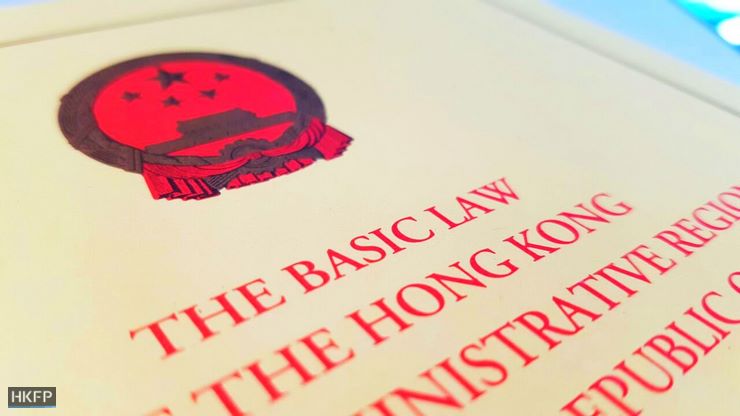
Was universal suffrage promised to Hong Kong in the handover agreement?
The Sino-British Joint Declaration signed in 1984 said: “The chief executive will be appointed by the Central People’s Government on the basis of the results of elections or consultations to be held locally.” But it did not mention the form of the “elections or consultations.”
Article 45 of the Basic Law, Hong Kong’s de facto constitution issued in 1990 on the basis of the Joint Declaration, said: “The ultimate aim is the selection of the Chief Executive by universal suffrage upon nomination by a broadly representative nominating committee in accordance with democratic procedures.”
However, there is no indication when the “ultimate aim” of universal suffrage will be reached.

Has the government or Beijing tried to introduce one-person-one-vote?
Yes – but the proposal in 2014 was often dubbed similar to the “Iranian model” as it required heavy vetting of candidates.
In 2007, the Standing Committee of the National People’s Congress passed a decision that the 2017 chief executive election “may be implemented by the method of universal suffrage.” But the nature of “universal suffrage” was not defined.
On 31 August, 2014, the same committee passed another decision that the chief executive in 2017 can be elected by one-person-one-vote, but only after a “broadly representative” nomination committee – the same formation method as the current 1,200-member election committee – chooses two or three candidates to face Hong Kong voters.
The decision sparked a week-long class boycott, which evolved into the 79-day Occupy protests demanding fully democratic elections.
The political reform proposal based on this framework failed to pass the Legislative Council in 2015.
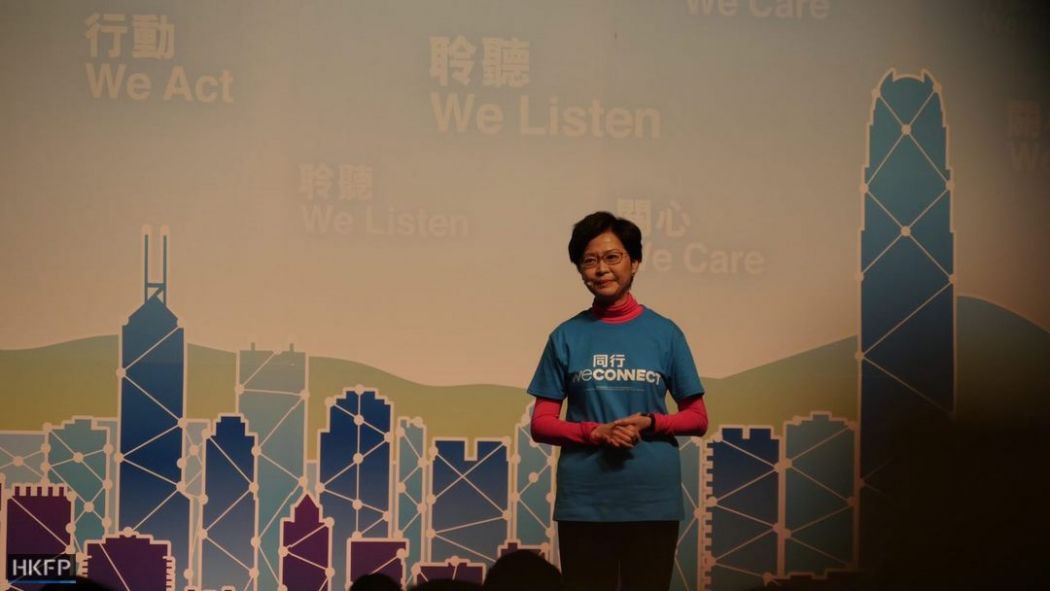
Who’s running?
Carrie Lam Cheng Yuet-ngor, the former chief secretary, is seemingly the favoured choice of some top Beijing officials.
She will likely submit hundreds of nominations, but she is behind in public popularity polls and has encountered several public relations blunders.
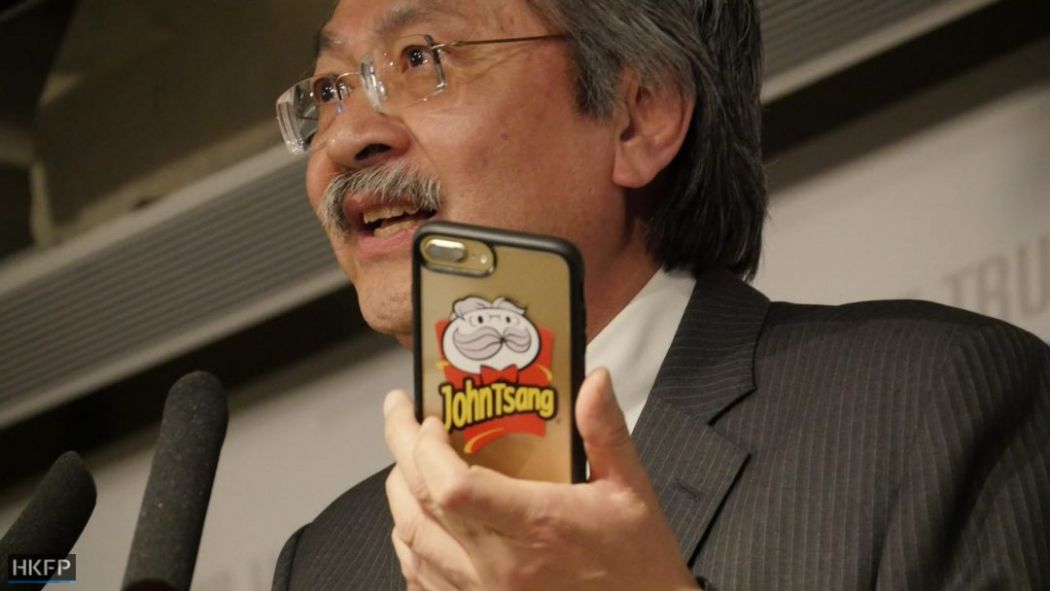
John Tsang Chun-wah, the former financial secretary, is popular among the public for his more successful public relations campaign, but there have been reports claiming he is not the real choice of Beijing and therefore did not receive many nominations from the pro-Beijing camp.
He is often seen as the “lesser evil” by the pro-democracy camp – though some of his political stances remain controversial. Nevertheless, many have promised him nominations.
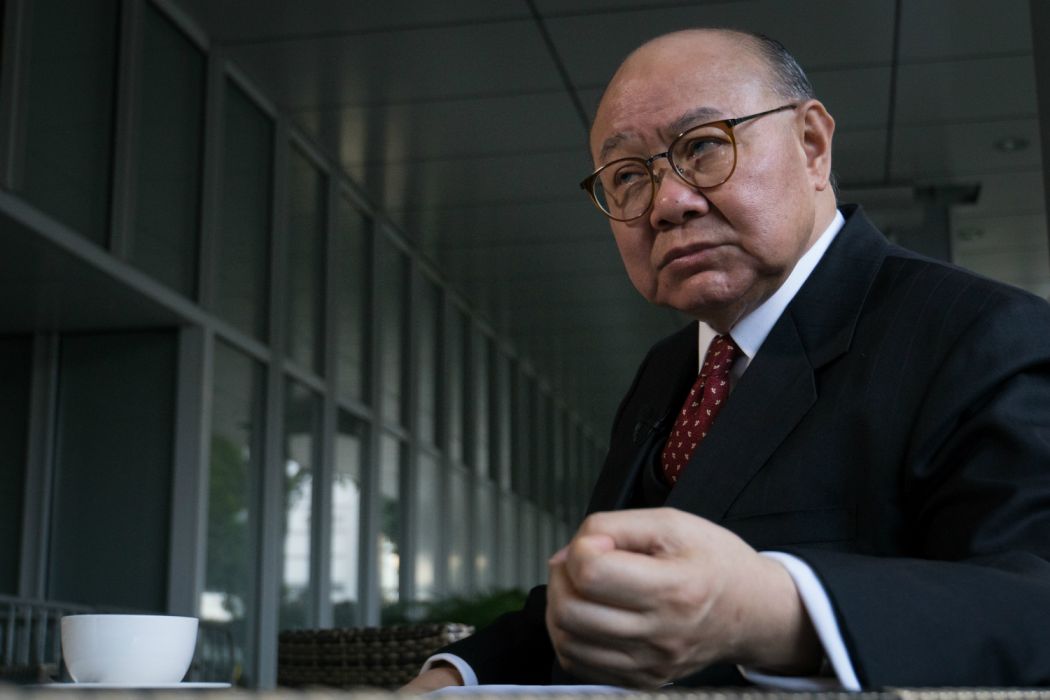
Woo Kwok-hing, a former High Court judge who was the first to announce his run, won praise from some for going the extra mile to propose legislating Basic Law Article 22 to criminalise political interference in Hong Kong from mainland.
Although he is often seen as having little chance of winning, some pro-democracy camp electors have promised him nominations to make him a candidate officially.
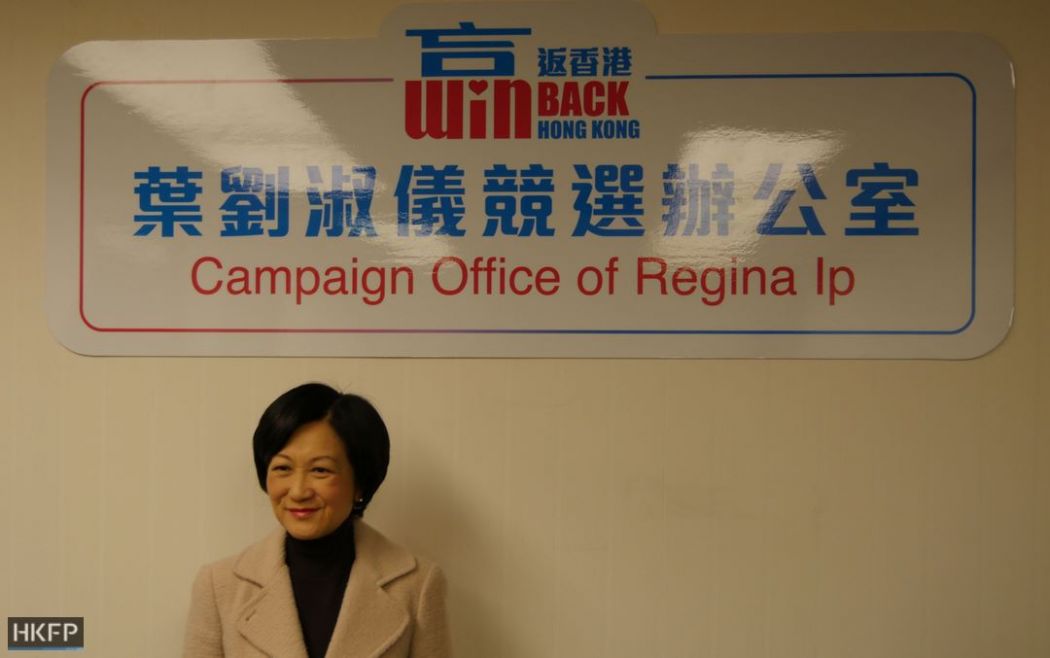
Regina Ip Lau Suk-yee, the New People’s Party lawmaker, is facing difficulty in gaining nominations, as Lam poached many of her supporters.
In response, she updated her election platform to make it softer politically, and is making a last ditch effort to officially enter the race. In the last election in 2012, Ip failed to gain enough nominations.
Lawmaker “Long Hair” Leung Kwok-hung said he would join the race if he received around 38,000 nominations from the public. He has not actively asked for support from electors and has since dropped out of the race.
Some less well-known figures also announced their runs.
The hugely unpopular Chief Executive Leung Chun-ying announced on December 9 last year that he would not seek re-election, citing family reasons.
